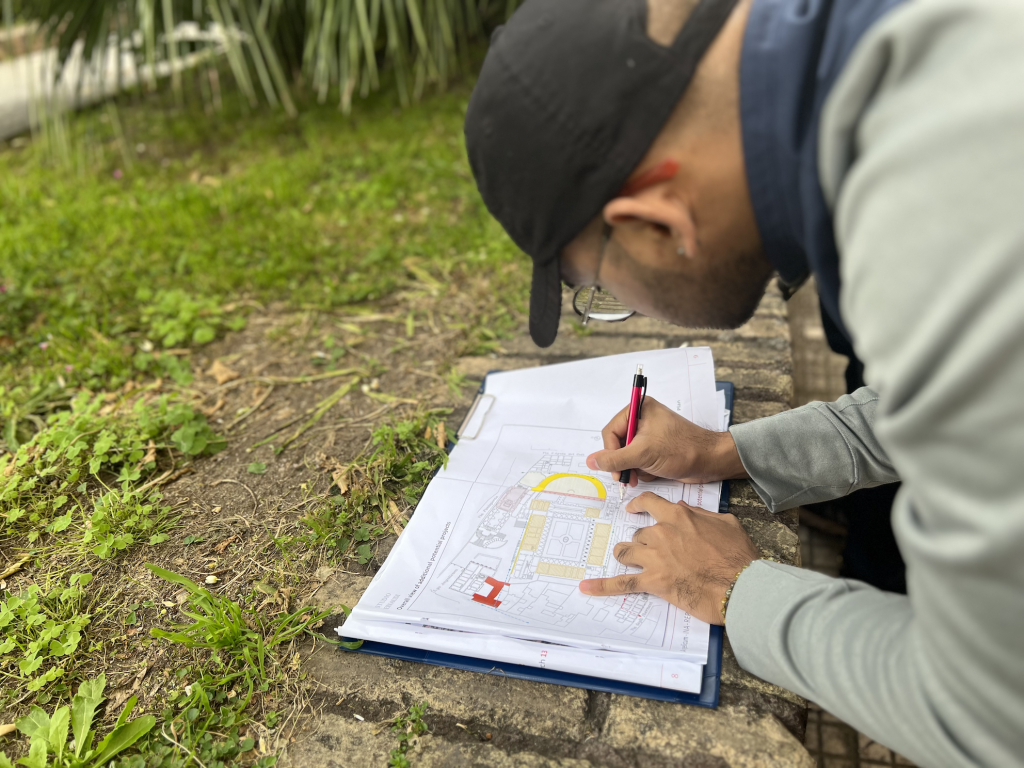 This blog post was authored by Richard Martin V. Katipunan, ICCROM, Conservation of Built Heritage participant from the Philippines.
This blog post was authored by Richard Martin V. Katipunan, ICCROM, Conservation of Built Heritage participant from the Philippines.For the past couple of months, we have hosted participants from 18 countries at our headquarters in Rome for the seventh edition of the Conservation of Built Heritage course. This year’s participants are a wide range of conservation practitioners and decision-makers representing the disciplines of conservation, engineering, academia and museums and working in national institutions, international organizations, academia and professional practice. The course will serve them by placing technical issues within the broader conservation context by linking them to planning and management concerns.
My name is Richard Martin V. Katipunan, and I’m a civil engineer from the Philippines. For the past seven years, I have been working in heritage conservation in my country. I have a keen interest in mathematics and am naturally drawn to analytical thinking. I enjoy brainstorming and problem-solving, which has led me to roles in decision-making, especially when dealing with cultural heritage. My work for heritage conservation is very rewarding and has become my passion.
While I am thankful for the guidance and knowledge imparted by my mentors in the Philippines, I am eager to expand my understanding of the various techniques, practices and methods of heritage conservation and management that are employed worldwide. I decided to apply for this course as I am confident it will provide me with a unique opportunity to broaden my horizons in this field. I am certain that the knowledge I acquire from this course will be incredibly valuable to me and my country in our efforts towards conserving and managing our heritage.
Since day one of the course, I have learned so much from every resource person we’ve met. I’ve gained valuable knowledge about topics as varied as understanding the significance of heritage value assessments and sustainable management to diverse forms of documentation.
One concept in particular that left a significant impact on me is the concept of people-centred approaches. I have come to realize its importance in aiding logical and informed decision-making. Heritage conservation and management in the Philippines tend to be quite conservative, and I am eager to leverage this opportunity to promote inclusivity and develop sustainable solutions for heritage conservation and management in my country.
I am looking forward to the remaining course activities. I anticipate that they will be more challenging and demanding as they involve attending lectures, conducting laboratory experiments/exercises, field visits, and participating in numerous field exercises. Nevertheless, I know that the activities will also be rewarding and enjoyable, especially since I will be working alongside my fellow participants, course organizers, and resource persons which will make this course experience unforgettable and memorable.
